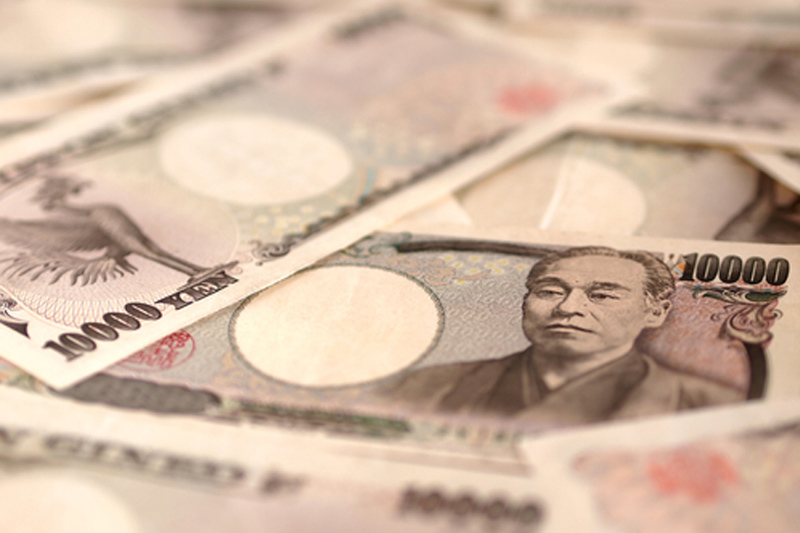Investing.com - The yen eased in Asia on Monday with spending and jobs data ahead in Japan this week.
USD/JPY changed hands at 113.48, up 0.32%, while AUD/USD traded at 0.7506, down 0.04%.
In Japan, household spending for February is due on Tuesday with a fall of 1.5% seen year-on-year. At the same time, the unemployment rate is expected to hold steady at 3.2%, while retail sales are expected to show a 1.7% gain year-on-year.
In the week ahead, investors will be awaiting Friday’s U.S. jobs report for March. The nonfarm payrolls report is viewed as the clearest indicator of how the U.S. economy is performing.
Wednesday’s euro zone inflation report will also be in focus and investors will be closely watching Friday’s data on Chinese manufacturing and service sector activity.
Markets in Australia, Hong Kong, London, Frankfurt, Paris and Milan will be closed for Easter Monday. Later on the day, the U.S. is to release reports on personal spending and pending home sales.
The U.S. dollar index, which measures the greenback’s strength against a trade-weighted basket of six major currencies, was last quoted at 96.17.
Last week, the dollar edged higher against the other major currencies in thin trade on Friday as an upward revision to U.S. fourth quarter growth underpinned expectations for an interest rate increase in the coming months.
The Commerce Department fourth quarter gross domestic product was revised up to an annualized 1.4% from last month’s estimate of 1% growth.
Economists had expected an unchanged reading. The data came after hawkish comments by Federal Reserve officials earlier in the week raised the prospects that the central bank could act soon to raise interest rates.
St. Louis Fed President James Bullard said on Wednesday that policymakers should consider a rate hike at their next meeting in April. Philadelphia Fed President Patrick Harker said that there is a strong case to continue to raise interest rates and added that he would like to see three rate hikes before the years end.
Separately, Chicago Fed President Charles Evans said he expects two more rate hikes this year, if the economy remains on track.
Higher interest rates would boost the dollar by making it more attractive to yield seeking investors.
